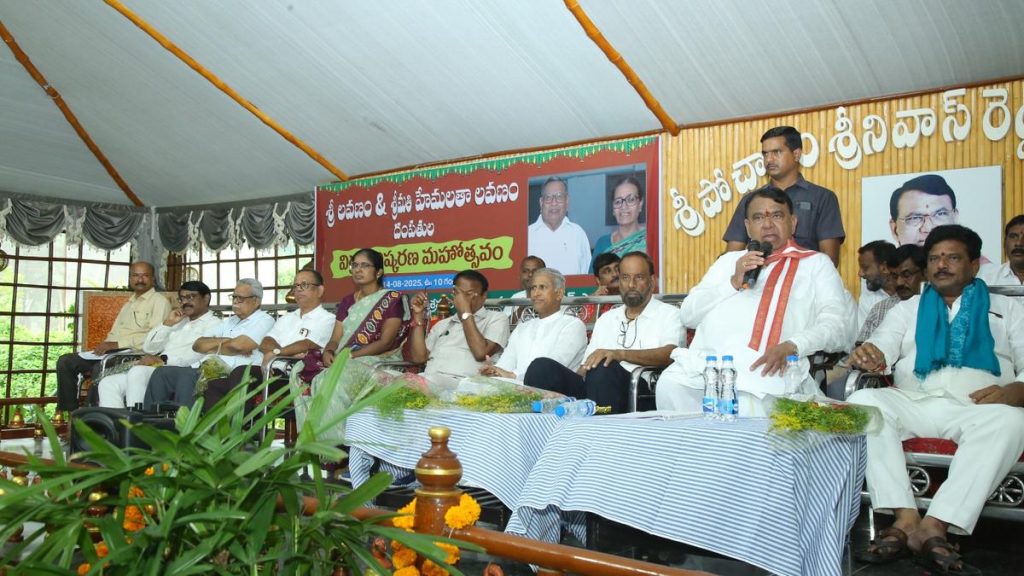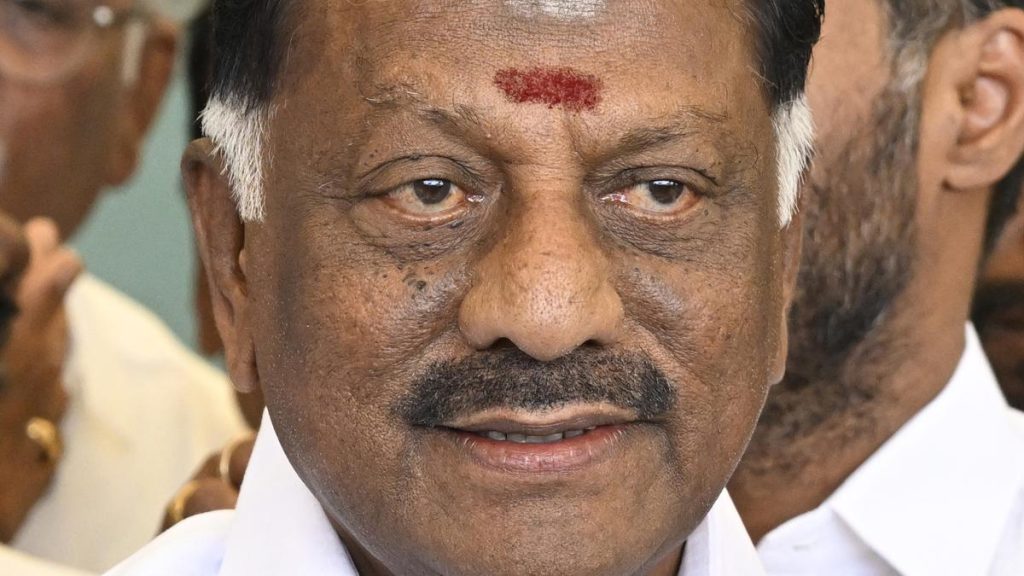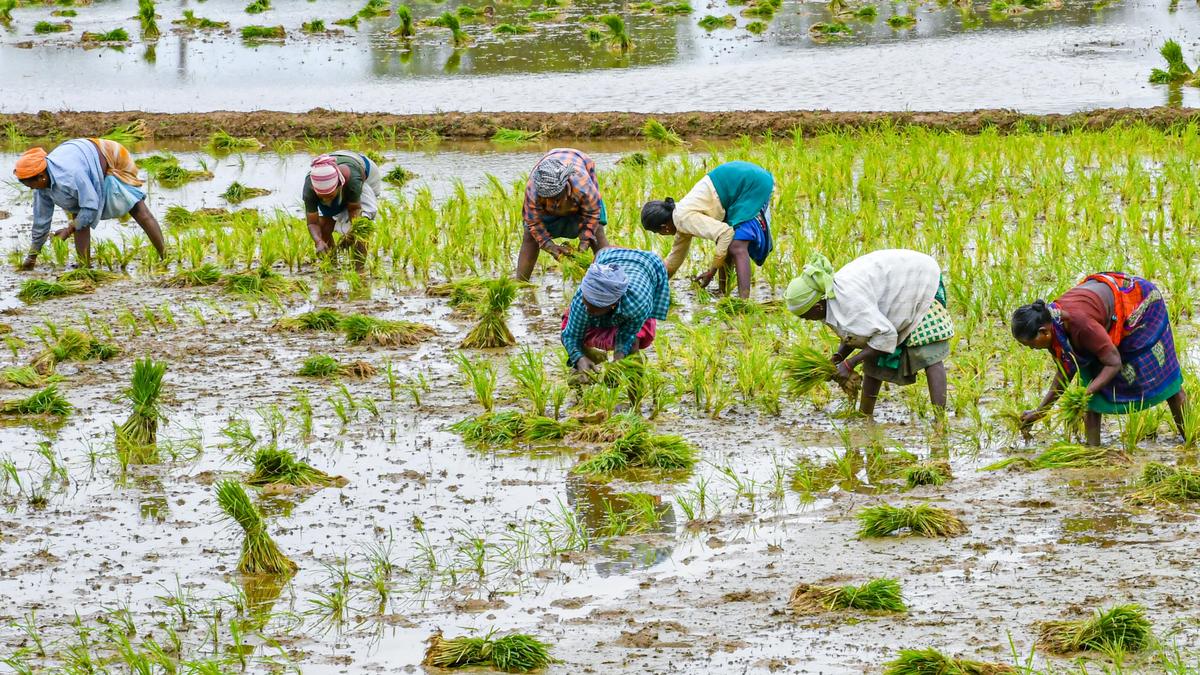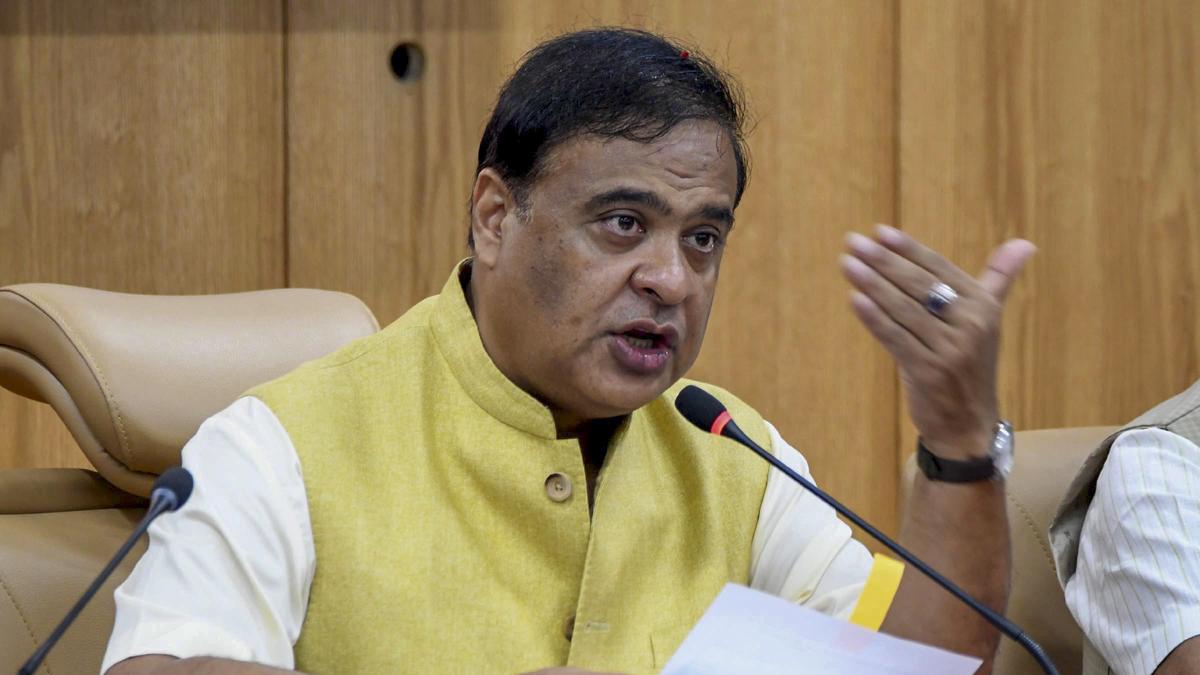Now Reading: CBSE Schools in Bengaluru Embrace Open Book Exams, Highlight Need for Teacher Training
-
01
CBSE Schools in Bengaluru Embrace Open Book Exams, Highlight Need for Teacher Training
CBSE Schools in Bengaluru Embrace Open Book Exams, Highlight Need for Teacher Training
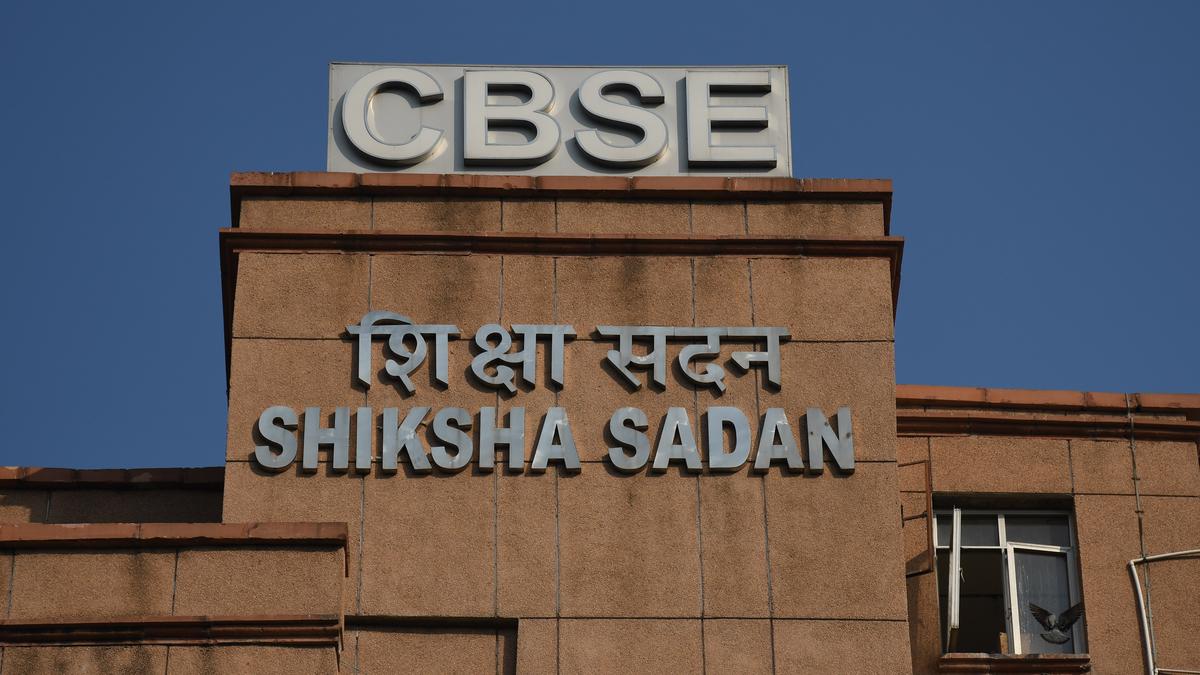
Quick summary:
- CBSE Open Book Exams: The Central Board of Secondary education (CBSE) announces open-book examinations for class 9 as part of the National Education Policy (NEP) 2020. Implementation begins in the academic year 2026-27 but is not mandatory.
- Schools’ Response in Bengaluru: Schools welcome the move, highlighting its benefits for students’ comprehension and application skills, but stress the need for teacher training to adapt to new formats.
- Teacher Training Needs: Principals advocate for thorough teacher preparation and revised questioning styles to ensure effective execution.Questions should focus more on application-based learning.
- Urban vs Rural Divide: Educators flag urban-rural disparities in access to resources that might impact successful adoption across regions.
- Parental Concerns: Parents hold mixed views-some support moving away from rote learning, others are concerned about potential stress due to sudden changes without adequate preparatory support.
- Student Opinions: Students see the format as an opportunity to demonstrate understanding rather than memorization but anticipate challenges during initial adaptation.
indian Opinion Analysis:
The introduction of open-book exams by CBSE marks a progressive shift toward fostering analytical thinking and real-world problem-solving among students. This aligns with NEP 2020’s emphasis on enhancing critical thinking rather than reliance on rote memorization.However, successful implementation requires addressing logistical barriers such as extensive teacher training and equitable access to resources, especially in rural areas with limited infrastructure.
while parents appreciate long-term benefits like improved readiness for higher education formats globally, concerns over transitional challenges underscore the importance of gradual rollout alongside supplemental training initiatives. Schools introducing this method earlier at smaller levels could smoothen this shift substantively.From a broader outlook, this initiative may redefine India’s evaluation stance by harmonizing school-level assessments with global academic practices; however, consistent policy support will determine its impact both locally and nationwide.
Read more: The Hindu


